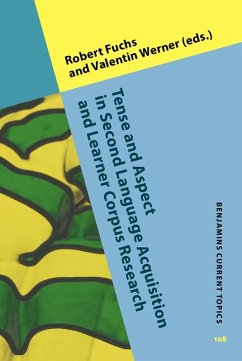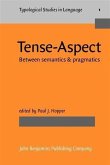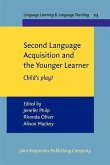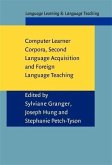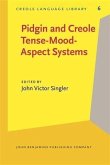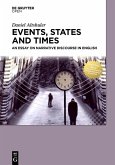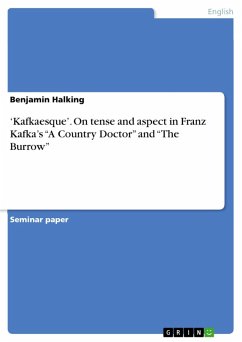The expression of temporal relations, notably through tense and aspect, is central in all processes of communication, but commonly perceived and described as a major hurdle for non-native speakers. While this topic has already received considerable attention in the SLA literature, it features less prominently in recent corpus-based studies of learner language. This volume intends to close this gap. It shows which additional insights into the area of tense and aspect in learner language can be gained using corpus data, addressing the following questions: In which ways do corpus-based studies complement work based on other methods?; How can a corpus-based approach inform theories on the acquisition of tense and aspect specifically, and of language acquisition in general?; Are results language-specific or can universal principles be established?; How pervasive are effects of mode/register within learner corpus data?; What role does native and non-native input play?; Which methodological challenges come to the fore when using corpus data instead of elicited data?; How can the notion of "e;target(-like)"e; performance be operationalized for corpus material?; Which implications do the findings from the learner corpora have for the teaching and learning of the target language?Originally published as special issue of International Journal of Learner Corpus Research 4:2 (2018)
Dieser Download kann aus rechtlichen Gründen nur mit Rechnungsadresse in A, B, BG, CY, CZ, D, DK, EW, E, FIN, F, GR, HR, H, IRL, I, LT, L, LR, M, NL, PL, P, R, S, SLO, SK ausgeliefert werden.

